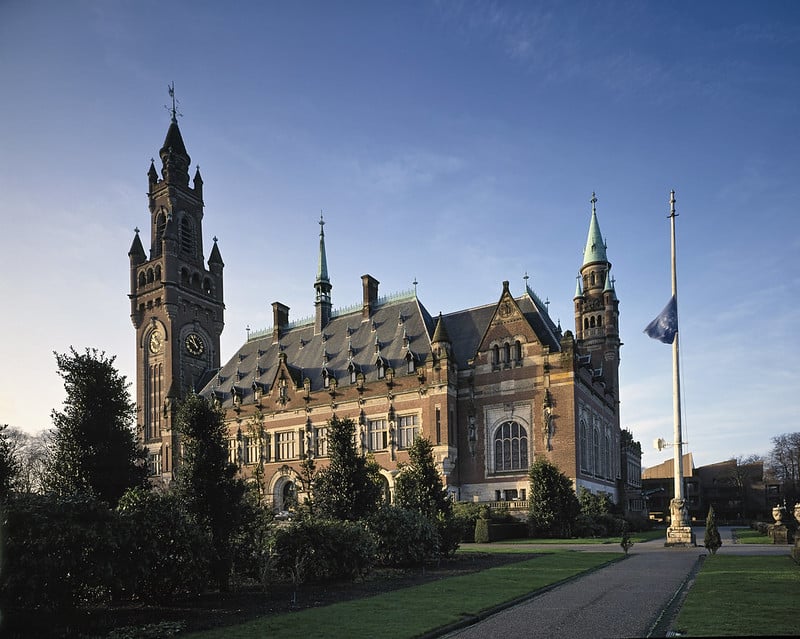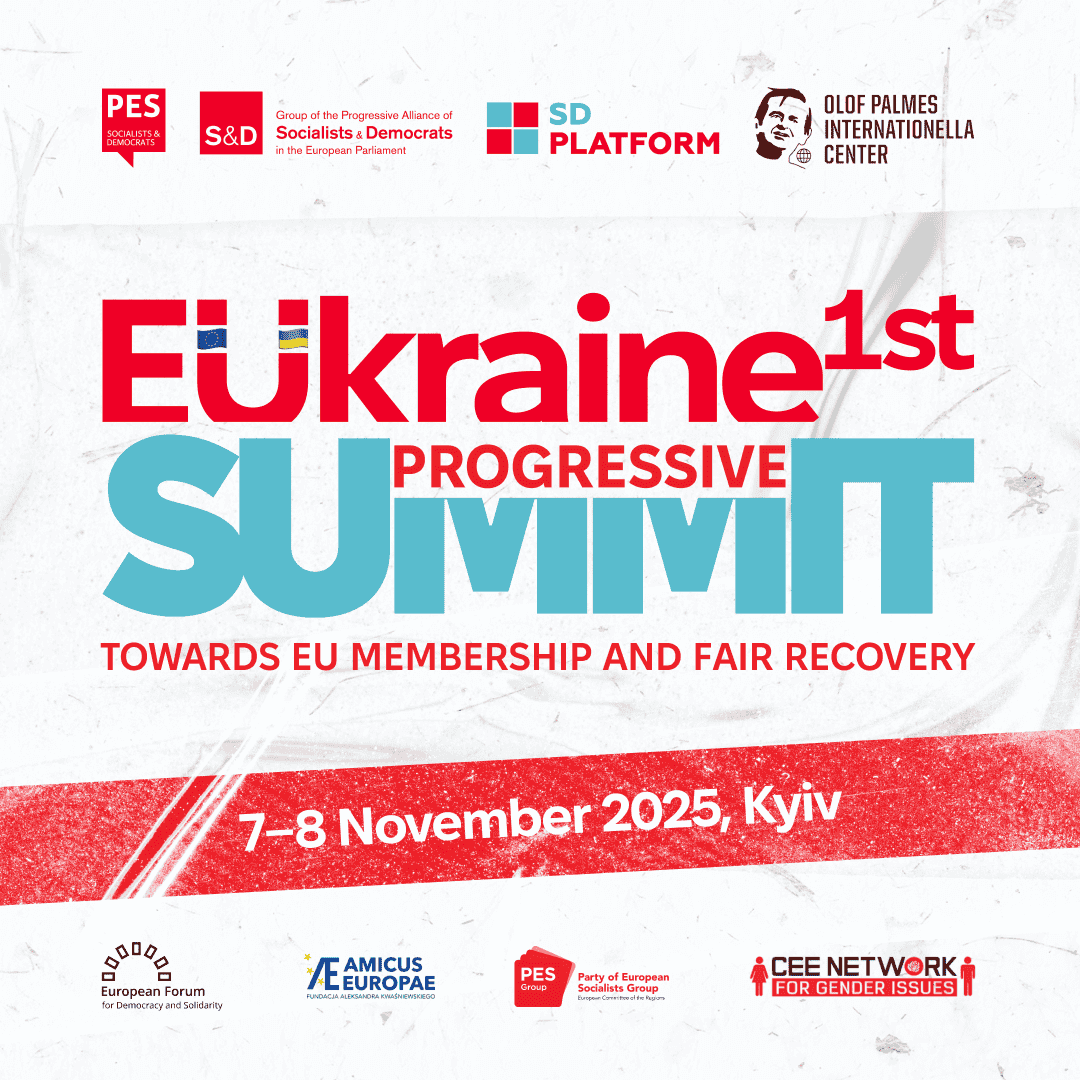Photo: International Court of Justice in The Hague - UN Photo/Andrea Brizzi
At the International Court of Justice (ICJ) in The Hague on Tuesday, 10 October, the lawsuit of the Netherlands and Canada commenced against the Syrian regime, Syria absent from the trial. The aim of the trial is to have the court rule that Syria is violating the international covenant against torture. Syrian prisoners were and are undergoing abhorrent torture and this must stop as soon as possible. At Saydnaya prison in particular, many victims have been brutally tortured and murdered since the outbreak of war in 2011, according to estimates by Amnesty International have been at least 13,000 between 2011 and 2015. The Syrian regime led by Assad has not stepped down despite the civil war and pressure from abroad and can therefore continue these practices. In light of the Syrian return to the international world stage, it is very important that the Netherlands and Canada have brought this case.
Torture
During the hearing The Netherlands and Canada asked the court to take some measures to take effect immediately, pending a final ruling. These measures include that Syria must immediately take effective action to prevent torture and other forms of degrading treatment. In addition, Syria must release all prisoners who are innocently detained and allow medical personnel and supervisors into the prison. Also, living conditions in prisons should be greatly improved so that people are detained in a humane manner. Also, Syria should not destroy evidence regarding torture and should open up about where victims are buried.
The events in the prisons cannot be called anything other than gruesome. Testimonials of former prisoners who fled to Europe support this. They speak of mass executions and told of various torture methods. For example, people are "folded" into a car tyre, with their heads pressed against their knees, then beaten by a guard. In addition, people are given shocks by standing in live water and people are burned with boiling water. These atrocities are used to extract "testimonies" from people. The Syrian regime denies these practices and says it does not know the whereabouts of the now more than 75,000 disappeared prisoners.
Syria's return to international politics
Despite these chilling practices, Syria has regained greater access in international politics over the past year. In May, Assad was shown all the honours welcomes at the airport in Jeddah, Saudi Arabia, to rejoin a meeting of the Arab League, of which Syria had until then been suspended as a member, for the first time in 11 years. What is striking about this is that Saudi Arabia was precisely a major was sponsor of militias who fought against the Assad regime. Assad said during the meeting that it is important for countries to only interfere in their own internal affairs. This shows the importance of the Dutch-Canadian trial, as apparently countries in the region do not want to interfere in internal affairs and restore diplomatic ties despite torture allegations. The ICJ trial can hopefully contribute to the Syrian regime being treated more like an international pariah again.
Saudi foreign policy
The change in Saudi foreign policy has several causes and is important for relations across the region. First, the rapprochement with Syria should be seen as Saudi Arabia reaching out to Iran, a key ally of the Syrian regime. Iran and Saudi Arabia have restored diplomatic relations in recent months, led by China. With this, Mohammed bin Salman, Saudi Arabia's crown prince, appears to be offering regional stability and Wanting to put economic cooperation above conflict and rivalry. In addition, the drug captagon also plays a role, which we wrote about earlier in this item. This highly addictive drug is widely produced in Syria and its production is believed to be in the hands of people linked to the regime. The drug is causing major problems in Saudi Arabia and other Gulf countries, among others, but also in Jordan, for example. Hundreds of millions of pills have already been intercepted by the Saudi authorities in recent years, and Assad reportedly wants the drug to use as a tool to restore its ties with countries in region and ease economic sanctions.
Support for oppressed Syrians
The civil war has not made Syrians more free, it has mainly caused a lot of bloodshed and displacement. Yet in the past few weeks, large groups of Syrians have returned Taken to the streets in Syria. They live in poverty and suffer badly from the poor economic situation in Syria. The protests began two months ago as a protest against the poor economic conditions, but have grown in recent weeks turned into anti-regime protests, calling on Assad to step down. A brave act by people who have lived in harsh conditions for so long and have seen what the consequences of protesting can be. It is therefore good that the Netherlands and Canada have brought this case as it may be of support to Syrians. Assad is unlikely to treat his prisoners more humanely through this lawsuit, but hopefully it will be an eye opener for countries in the region that torturing people should not be allowed to take place with impunity.




